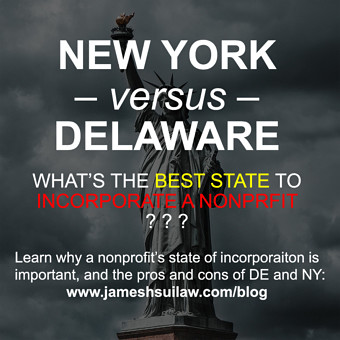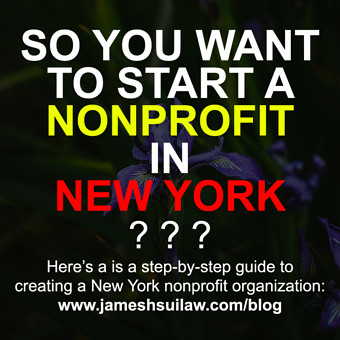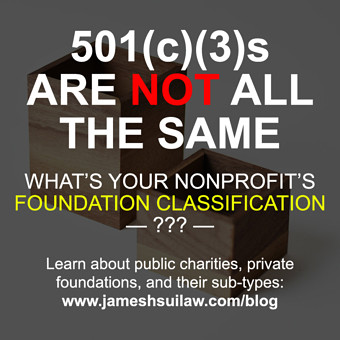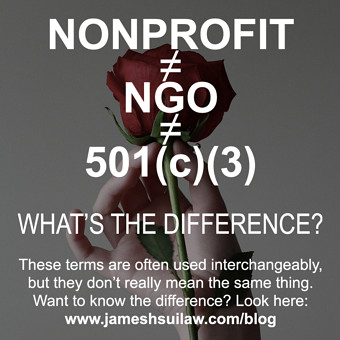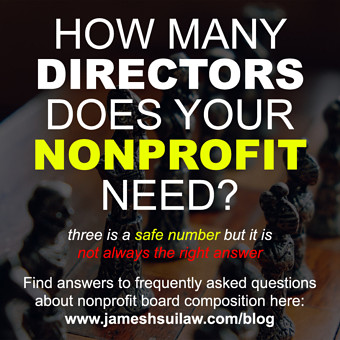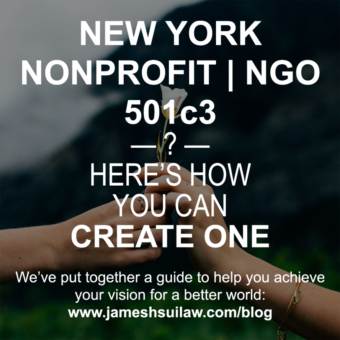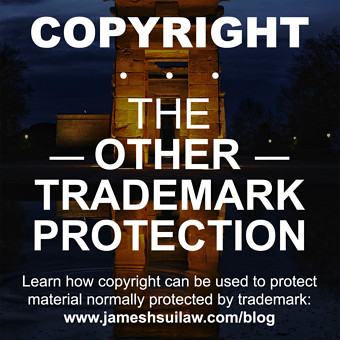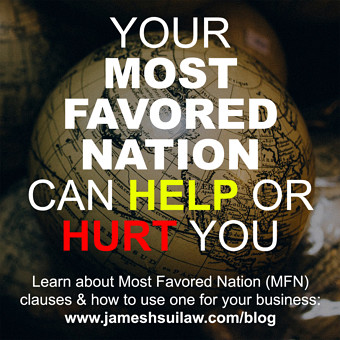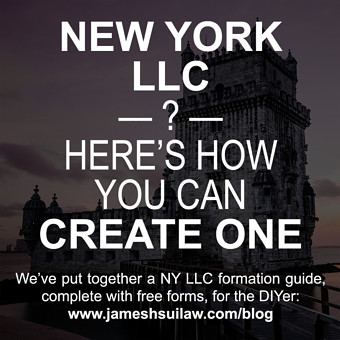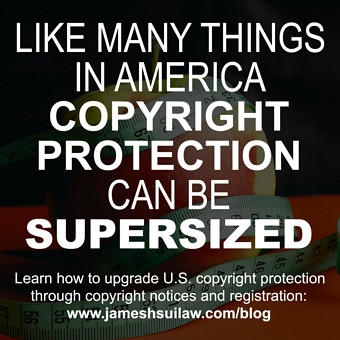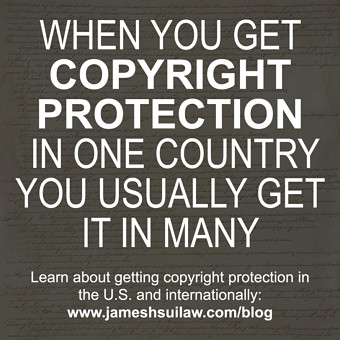A PLLC (professional limited liability company) is a type of new entity formed to practice a licensed profession. Regular limited liability companies (LLCs) and corporations can’t do this in New York. Creating a New York PLLC is an excellent choice for your practice. It has the best parts of an LLC, but with fewer restrictions than the other typical choice, which is to form a professional corporation (PC).
Starting a PLLC is a complex process. It can take several months, even if you make no mistakes. We’ve set up hundreds of PLLCs for New York professionals, and prepared this guide, hoping it will be helpful to you.
Read More “New York PLLC (Professional LLC): A Complete Guide”

